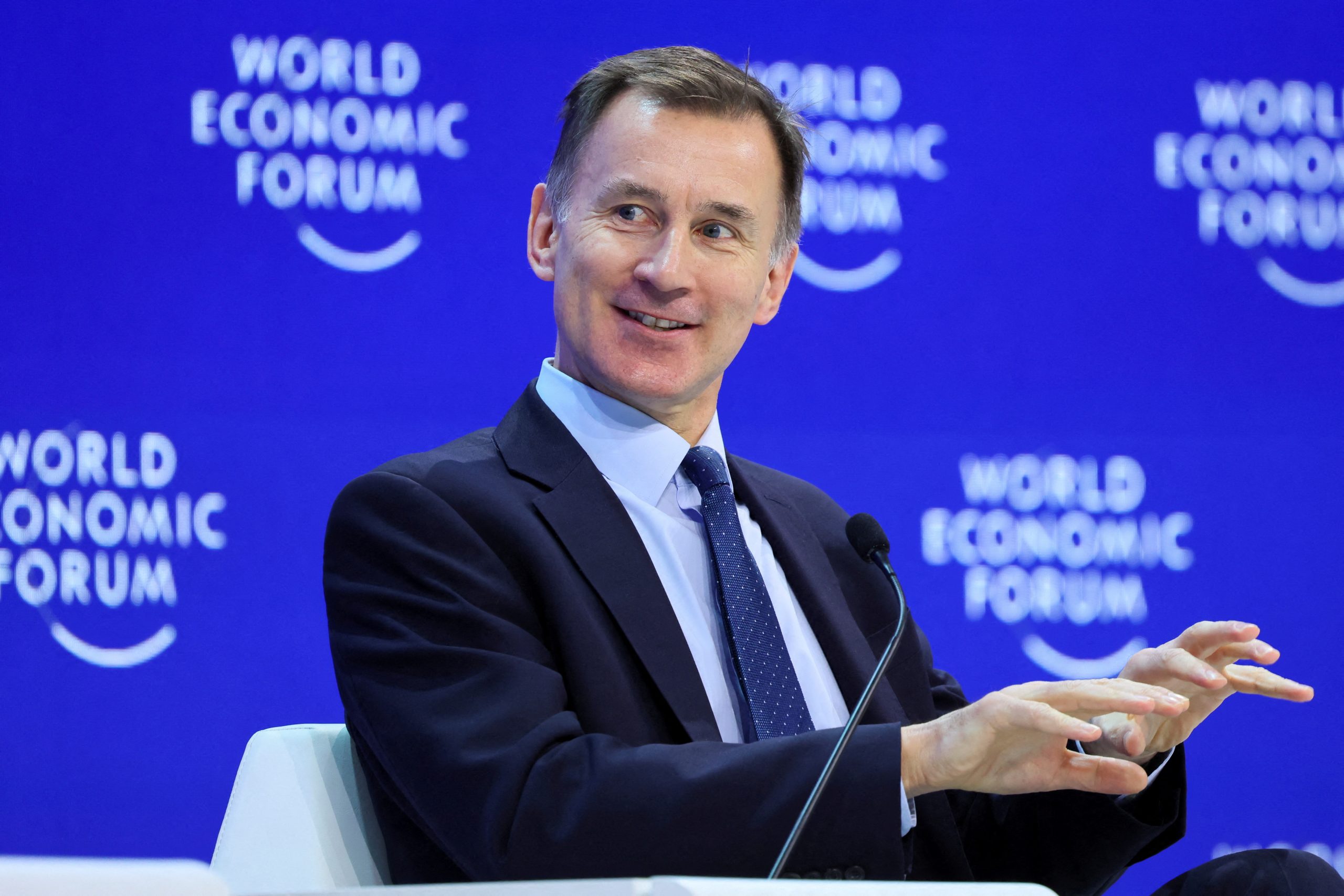UK Chancellor Jeremy Hunt’s upcoming budget on March 6 is expected to be highly political, as it will be his last before the general election.
Hunt’s main objective will be to convince voters that the Conservative Party is committed to tax cuts. However, he faces challenges due to a weak economy and a significant budget deficit, contributing to high government debt levels.
Hunt’s plans include extending tax cuts for both individuals and businesses, building on initiatives introduced in the November autumn statement.
These measures include reducing employees’ National Insurance (NI) taxes from 12p to 10p in the pound and providing businesses with up to £10 billion in tax relief for investment spending.

However, the economic landscape has shifted since November, with the UK economy entering a recession and the long-term national finances deteriorating.
The government’s Office for Budget Responsibility (OBR) is expected to reveal that Hunt has limited “headroom” for tax cuts, estimated at around £13 billion.
This is significantly less than forecasted in the OBR’s November 2023 projections. Additionally, there is a need to keep some funds in reserve for emergencies, further reducing the available budget for tax cuts.
The question remains whether these tax cuts are affordable and whether they could impact the outcome of the election. Hunt will need to carefully balance the desire for tax cuts with the need to responsibly manage the country’s finances.
The success of his budget and its impact on the election will depend on how effectively he can navigate these challenges and communicate his plans to the public.


